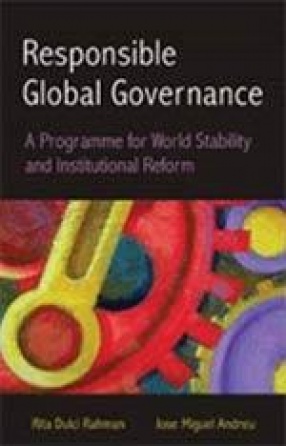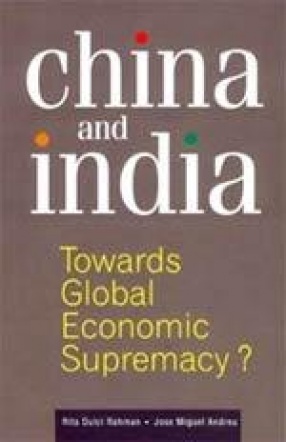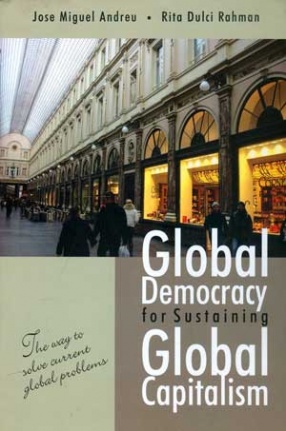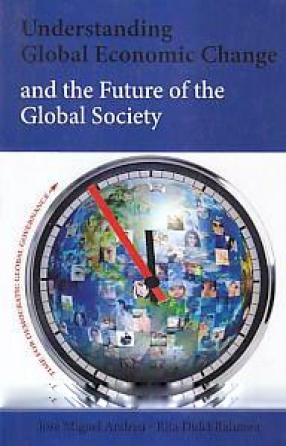Responsible Global Governance
Synopsis
Since 1820 and till the beginning of the 21st Century, the so-called growing economic gap between the developed world and the developing countries has not changed its gloomy trend. The mentioned dismal tendency seemed to reverse only for a few years, during 1950 to 1973. In the 70s, the two oil-crises that unleashed inflation and reduced growth rates forced economic theorists and practitioners to look for a new economic policy. This economic restatement finally resulted in a shift of the pendulum, giving back the priority to the market forces, which to some extent had surrendered to the public sector since the 30s. This new economic restatement gave birth to a biased approach of the neoclassical model, which applied to international and development economics generated the so-called Washington Consensus. Against what was promised and expected, the recommended international economic policy did not ever work in the poorest countries, thus enabling the growing gap to continue. This phenomenon added to long-lasting unresolved international political problems along with the consciousness of constant neglect by the rich countries, has unleashed severe frustrations and in some cases induced the appearance of international terrorism. In our view, the policies of continuous insufficient international economic co-operation and biased trade negotiations with LDC, and the unfocused and somewhat over-done reactions to eliminate terrorism as practised in the last two years by western leadership, are doomed to fail. According to our interpretation of recent history, if the society of nations wants to solve the current economic and political problems for reaching global peace and security in consistency with sustainable prosperity for all, it will have to increase, pool and reshuffle international public transfers to poor countries. And this should be done while implementing necessary reforms in international economic policies according to a rational sequencing of application (first co-operation, then trade and private financial liberalisation). At the same time a political reorganisation of the UN and its economic agencies is urgent, since these institutions are asymmetric in decision -making, and rather operating in the interest of the powerful, thus holding back the application of efficient economic means to reach global stability.
Read more
22.50
20.25
$
25.00 $
Free delivery Wolrdwidе in 10-18 days
Ships in 1-2 days from New Delhi
Membership for 1 Year $35.00
Get it now and save 10%
Get it now and save 10%
BECOME A MEMBER










Bibliographic information
Jose Miguel Andreu